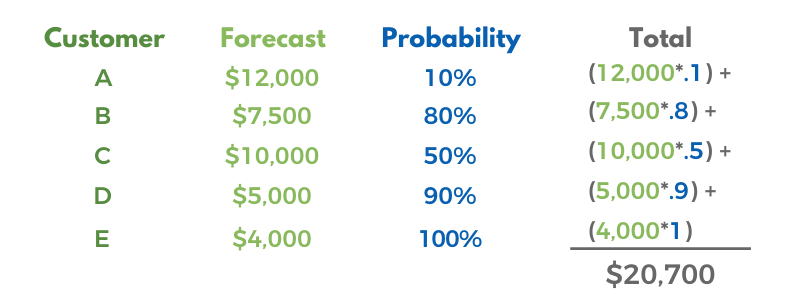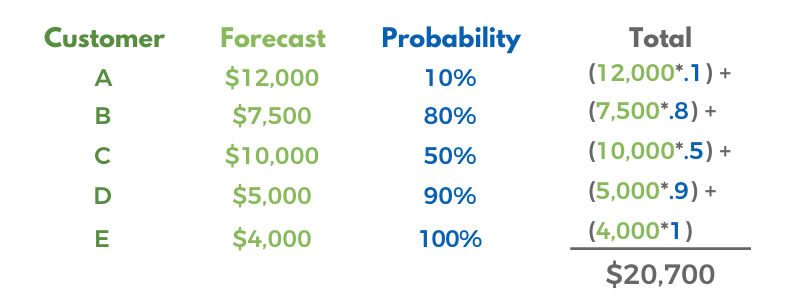Real Estate Forecasting Techniques: Unlocking the Future of Property Investment
In the world of real estate, predicting future market trends is crucial for making informed investment decisions, optimizing sales strategies, and enhancing property management. Real estate forecasting is the process of estimating future property values, demand, and market conditions using various analytical techniques. Whether you’re an investor, developer, or a real estate agent, mastering forecasting techniques can give you the competitive edge needed to succeed in this fast-paced industry.
In this article, we will dive into the most effective real estate forecasting techniques, the benefits they bring to the table, and how they can be implemented to predict trends, assess risks, and maximize returns on investment.

What is Real Estate Forecasting?
Real estate forecasting refers to the use of various methods, tools, and techniques to predict future trends in the real estate market. This can include property prices, rental rates, demand, and supply levels. By understanding and applying forecasting techniques, stakeholders can make better-informed decisions regarding property purchases, developments, and investments.
Forecasting is not just about predicting the future; it’s about using available historical data, market analysis, and other indicators to make reasonable projections about what the market is likely to do in the coming months or years.
Why is Real Estate Forecasting Important?
Real estate forecasting is vital because it helps investors and other stakeholders:
- Minimize Risk: By accurately predicting market conditions, businesses can avoid investing in properties that may not yield a profitable return.
- Maximize Returns: Forecasting allows investors to capitalize on market conditions, such as buying during a downturn or selling during a boom.
- Better Planning: Whether you’re developing a new property or managing a portfolio, forecasting helps plan for the future in terms of market demand and property values.
- Optimize Strategy: Real estate professionals can adjust marketing, sales, and investment strategies to align with future market conditions.
Key Techniques for Real Estate Forecasting
There are several forecasting techniques used to predict market trends in the real estate industry. Let’s explore some of the most widely used methods:
1. Quantitative Forecasting: Time Series Analysis
One of the most common and reliable methods for forecasting real estate trends is time series analysis. This technique involves studying historical data to identify patterns and trends over time. By using data on property prices, sales volumes, and other market indicators, time series analysis can project future market conditions.
How it works:
- Data from previous years is analyzed to detect consistent patterns.
- These patterns are then used to forecast future data points.
- Advanced algorithms and statistical models can improve accuracy.
Benefits:
- Data-driven: Relies on past data to provide a factual basis for future predictions.
- Accuracy: When historical data is reliable, time series analysis can offer highly accurate forecasts.
Example:
If you’re tracking home prices in a specific market over the last five years, time series analysis can show whether the market is experiencing consistent growth, periodic fluctuations, or price stagnation. This insight helps investors determine when to buy or sell properties.
2. Causal Models: Regression Analysis
Regression analysis is a causal forecasting technique that establishes relationships between various market variables. This technique assumes that changes in certain independent variables (e.g., interest rates, employment rates, population growth) can predict changes in the dependent variable (e.g., property prices or demand).
How it works:
- Identifying factors that impact property values or demand.
- Applying statistical models to quantify these relationships.
- Using the model to forecast how future changes in independent variables will affect the real estate market.
Benefits:
- Identifies cause-effect relationships: By focusing on factors influencing the market, businesses can better understand the driving forces behind property values.
- Predicts how changes in external variables affect the market.
Example:
You could use regression analysis to examine how interest rates influence home buying behavior. By understanding the relationship between interest rates and demand for properties, you can predict how future rate changes will affect the market.

3. Expert Opinion and Market Sentiment Analysis
Another valuable technique in real estate forecasting is relying on expert opinions and market sentiment. Industry professionals, such as real estate agents, developers, and economists, often provide valuable insights based on their experience and understanding of the market. Combining expert knowledge with data-driven insights can give a more nuanced forecast.
How it works:
- Gathering opinions from experienced professionals in the field.
- Assessing the mood of the market based on news, reports, and social trends.
- Using sentiment analysis tools to gauge public opinion and market outlook.
Benefits:
- Qualitative insights: Expert opinions can provide context for data-driven forecasts.
- Adapts to sudden changes: Experts can offer insight into how unexpected events (e.g., a sudden economic downturn) might influence the market.
Example:
Real estate experts can offer predictions based on geopolitical events, consumer confidence, or recent changes in local policy that affect housing demand. This technique can supplement more analytical methods to refine forecasts.
4. Real Estate Market Cycles
Real estate markets operate in cycles, typically composed of four stages: recovery, expansion, hyper-supply, and recession. Understanding the market cycle is essential for forecasting future conditions and trends.
How it works:
- Identifying where the market currently stands in the cycle.
- Predicting how the market will evolve through the different stages of the cycle.
- Anticipating potential turning points in the market.
Benefits:
- Macro perspective: Helps investors understand the overall market conditions.
- Long-term strategy: Useful for making strategic decisions for long-term investments.
Example:
If the market is currently in the expansion phase, property prices are likely to increase. Investors might consider purchasing properties before the market enters the hyper-supply phase when prices may start to stabilize or decline.

5. Artificial Intelligence (AI) and Machine Learning
The integration of artificial intelligence (AI) and machine learning into real estate forecasting is a game-changer. These advanced technologies use algorithms to analyze massive amounts of data, detect patterns, and make predictions based on variables that human analysts may miss.
How it works:
- AI algorithms analyze data from multiple sources, including market trends, property values, demographics, and economic indicators.
- Machine learning models learn from past data and continuously improve predictions over time.
Benefits:
- High scalability: AI can process vast amounts of data quickly.
- Continuous improvement: Machine learning models improve accuracy as more data becomes available.
Example:
AI tools can predict how local zoning laws or changes in infrastructure (e.g., new transportation lines) will impact property values, providing valuable insights for long-term planning.
How to Apply Forecasting Techniques in Real Estate
Real estate forecasting is a multifaceted approach. Below are steps to apply these techniques in your real estate business:
1. Data Collection
Begin by gathering relevant data from multiple sources. This includes property sales data, demographic information, economic reports, and interest rates. Use reliable sources like government databases, market research firms, and industry reports.
2. Choose the Right Technique
Select the forecasting method that best suits your needs. For instance, use time series analysis for trend-based forecasting, regression analysis for understanding cause-effect relationships, and market sentiment analysis to gauge public perception.
3. Run Models and Analyze Results
Apply the selected forecasting techniques and run models based on historical data. Evaluate the outcomes and refine the models for more accurate predictions.
4. Monitor the Market
Real estate markets are dynamic. Keep monitoring the data and adjust your forecasting models as new information becomes available. Continuous analysis is key to staying ahead of market changes.
Frequently Asked Questions (FAQs)
Q1: How accurate is real estate forecasting?
A1: Real estate forecasting can be highly accurate when using reliable data and proven forecasting methods. However, external factors such as economic downturns, natural disasters, or sudden policy changes can impact predictions.
Q2: How often should I update my real estate forecasts?
A2: It’s important to update your forecasts regularly—at least quarterly—especially in rapidly changing markets. This allows you to stay ahead of trends and adjust your strategies accordingly.
Q3: Can AI replace traditional forecasting methods in real estate?
A3: While AI can significantly enhance real estate forecasting, it is unlikely to completely replace traditional methods. Combining AI with established techniques can offer more robust and accurate forecasts.
Conclusion
Real estate forecasting techniques are powerful tools that help investors, developers, and agents make informed decisions in a competitive market. From quantitative methods like time series and regression analysis to qualitative insights from expert opinions, understanding how to forecast trends can dramatically impact profitability and market success.
By leveraging advanced tools such as machine learning and staying
informed on market cycles, you can position yourself to navigate the complexities of real estate and emerge victorious. Whether you’re making investment decisions, adjusting your marketing strategy, or planning for the future, forecasting will always be an essential part of the process.

